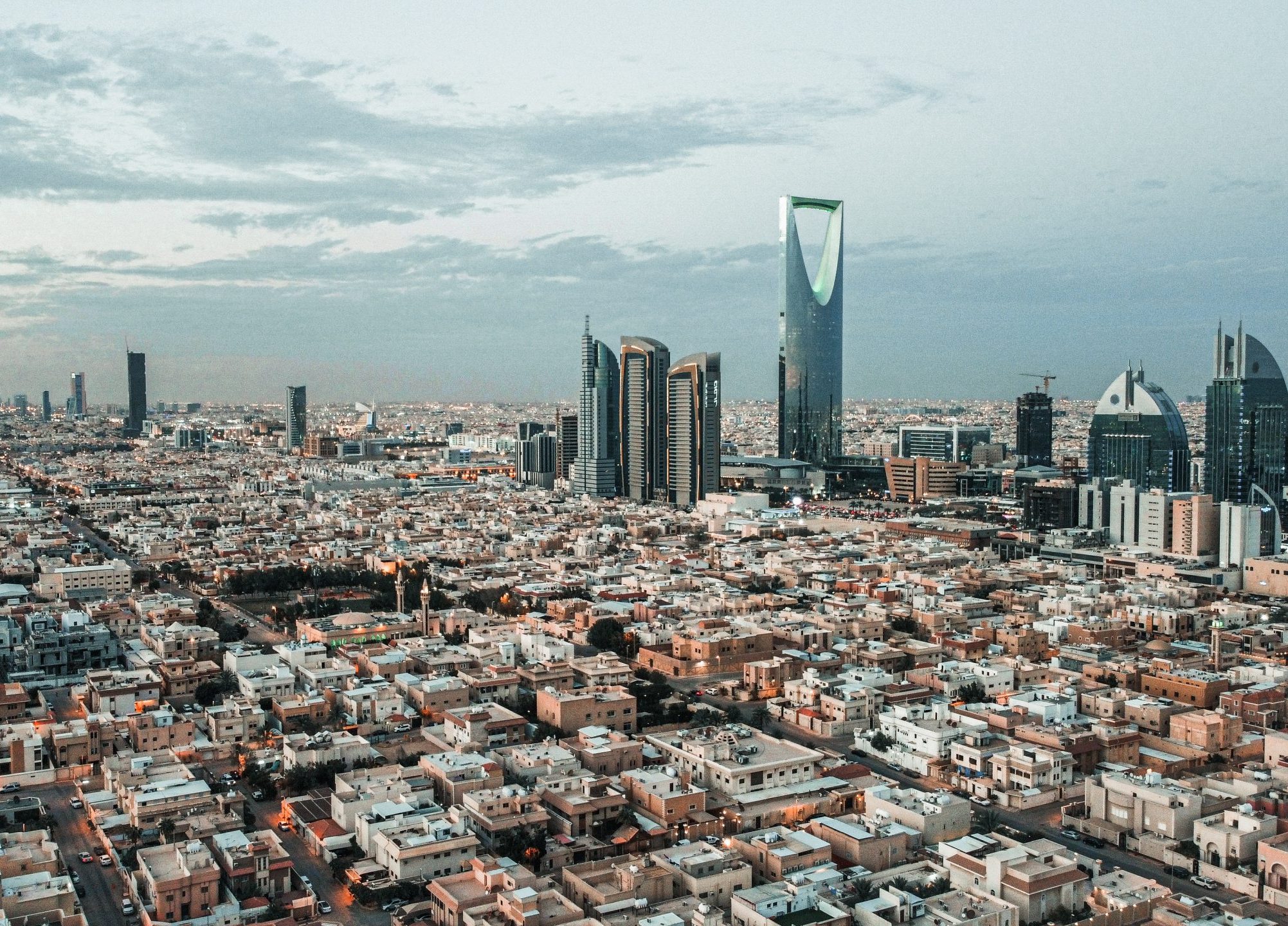Well known for its ceaseless oil supply that turned the Al Saud royal family into one of the world’s richest regimes, Saudi Arabia has become the third Arab country to recognise the Zionists since Israel’s independence in 1948.
This ground-breaking agreement is one of the many revolutionary changes the country has welcomed since Crown Prince Mohammad bin Salman (MBS) inherited the throne. MBS holds a reputation for being a dynamic and divisive leader, with ambitions that far supersede his predecessors when it comes to technology, education, and economic reform.
These ambitions came to fruition with the inauguration of Vision 2030. The plan, enacted in 2016, seeks to transition Saudi Arabia away from an oil-based economy and focus on transforming the country’s public service sectors such as health, education, infrastructure, recreation, and tourism. Although the overarching ambition of Vision 2030 is to diversify its economy, the strategic implications go beyond Saudi Arabia’s macroeconomic objectives. Armed with a modern appreciation for the younger generation, MBS’s plans reflect new-age ambitions of investing in the youth and encouraging digital innovation, distinguishing him from archaic rulers of days past.
As the country continues to embrace new technologies, promote fiscal reform, and invest in its youth, many are raising the question: Will Saudi Arabia become the next socio-economic powerhouse in the Middle East?
5 Years On
5 years into Vision 2030, the plan has reached a number of key milestones in its quest of reforming the Saudi economy and society. The three pillars of the plan: A Vibrant Society, A Diverse Economy, and An Ambitious Future, have all seen varying levels of success.
From a societal perspective, there has been a perceptible shift in the country with more women entering the workforce, the country hosting its first large-scale concert, and seeing thousands of overseas students returning to contribute to the country’s future.
The empowerment of women in Saudi Arabia today has been a landmark change in the societal attitudes that have long restricted the freedom of women. In 2021, women are seen in the media, at public events like festivals and concerts, and working in the same fields and ranks as men. This drastic transformation has been a key win for the country, propelling it into the modern era and onto the global stage. Even the Prince’s harshest critics are applauding him for his forward-thinking attitude towards a “modern Islam” that uplifts, not restricts.
Economically, the country has implemented rigorous economic and financial reforms to move away from a petro-economy and grow its non-oil revenue. This has been met with tentative success despite setbacks from COVID-19. These plans are in conjunction with the government’s objective of increasing public and private sector spending to invest back into the domestic economy. It remains to be seen whether protecting the domestic market through trade barriers will factor into MBS’s plans in the near future. Given his history, predicting his next move here will be no easy feat.
The launch of the Shareek program, spearheaded by the Crown Prince, outlines another ambitious plan to increase private sector contributions to the economy and stimulate job creation. The program plans to spend 27 trillion riyals over the next 10 years, which economists predict will boost private-sector GDP contributions by 25%. With the youth of Saudi Arabia as one of his central priorities, it is clear that this move towards job creation has not been made in isolation. Noticing the sectors that grow with this cash injection will be indicative of the direction that the country will be heading towards in its post-oil future.
To exemplify his intentions of transforming the Saudi economy, the Crown Prince publicly-listed Aramco, the most profitable company in the world, in 2020 and set the record for the biggest IPO ever by raising $29.4 billion. This plan was met with divisive reactions. Like many of his previous ideas, supporters praised his ambition, critics condemned his overambition. Yet, despite the naysayers, the Prince remains resolute in his plans to make Saudi Arabia a country that “can live without oil by 2030”.
A Powerhouse or a Failure?
The Crown Prince has a complicated relationship with the Western World, frequently clashing with other world leaders over his ambitious plans and strong leadership style. Mounting international pressure and friction with other leaders could affect MBS’s ability to follow through on some of his larger plans that involve cross-country deals. However, the Prince is on the path to redemption. Conciliatory talks with Iran, close relations with President Xi Jinping of China, and embracing more public appearances all illustrate MBS’s intentions to regain the international community’s trust as he ushers in a new era for Saudi Arabia. The Saudi conflicts with Qatar and Yemen drained Saudi and the crown prince financially and politically but a lot of positive decisions have been made, and now there is light at the end of the tunnel.
However, the situation is quite the opposite at home. According to the ASDA’A Burson-Marsteller survey, 91 percent of youth (aged 18-35) believe he is a “strong” leader that is good for the future of the country. Greater job opportunities, education reform, defeating terrorism, empowering women, and combating corruption are widely believed to be the keys to bring Saudi Arabia back on track and these are all addressed by the Prince’s Vision 2030 plan. His convictions have resonated with the youth in the country and created bubbling optimism for the future.
As much controversy as the Crown Prince vision has stirred, my opinion is that his success will be deeply empowered by the youth of Saudi Arabia, not the old guard. Having the youth on his side is fundamental to achieving his goals. In another 10 years, the millennials and Generation Zs will be responsible for taking over the mantle of a new Saudi Arabia. Vision 2030 has drawn a very ambitious picture of the future of Saudi Arabia. As of now, it looks like they are heading towards being the Middle East’s new socio-economic powerhouse; whether the country will continue along this path remains in the hands of its future leaders.
1st Year Politics student






0 Comments